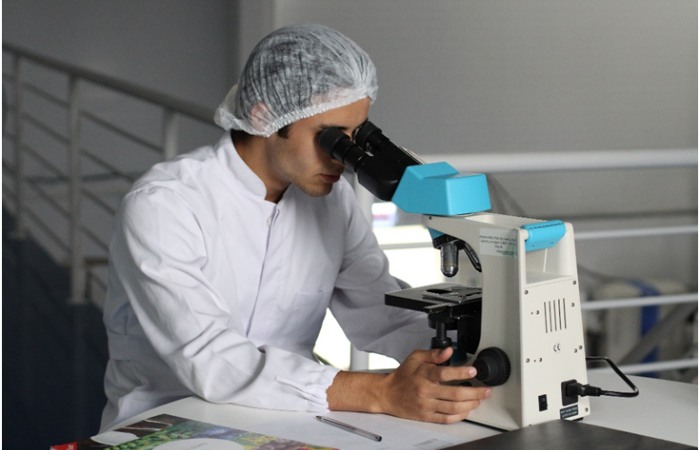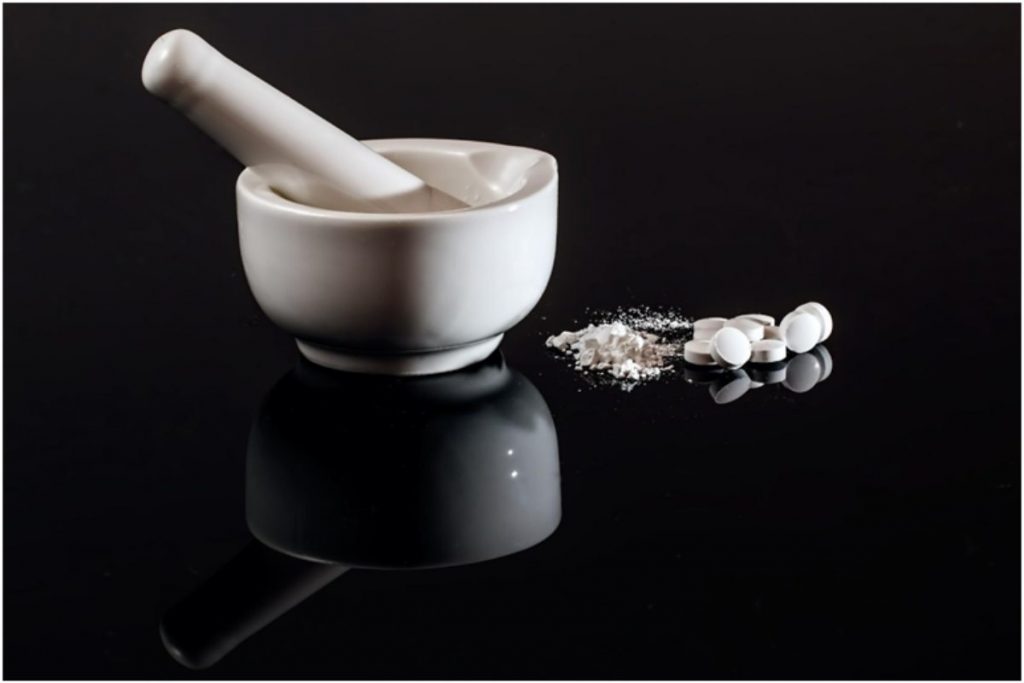In the medical world, something you may have heard of is a “PK” study. These are pharmacokinetic studies. They are an important step in getting a new drug approved and accepted by the pharmaceutical community.
Trying to understand what they are and how the process works can certainly be complicated. I’m here to help explain this for that reason. I know I felt overwhelmed the first time I was told to look into PK studies for my company. Locating a good place to do them and even what they are is an uphill battle to say the least.
Table of Contents
The Details
A PK study exists to figure out how a new drug or substance impacts a person’s body. It usually involves taking several blood samples over a pre set period of time that is determined by the group looking to create the test. Here is one resource you may want to use in researching what one is.
I have opted to provide some other sources just because I think that suits the scientific process best. After all, when performing a test, you should have sufficient background information and plenty of scholarly articles to support your research. When considering such an important topic, I wanted to give the same courtesy.
Some facets of pharmacokinetics involve testing the distribution, absorption, bioavailablity, excretion, and metabolism of a drug as it moves through a patient’s body. In this vein, that means they usually try to determine the length of time that a substance might last in a person’s body and how long the effects actually are in comparison.
What is important to note is that many participants in these studies will have to give a lot of personal information. After all, a person’s physiology can have serious impacts on how a drug effects them and moves through them. That is why they can be difficult to perform.
In slightly more technical terms, a PK study helps to create analysis of a quantitative vs. a qualitative nature of how a dosage amount responds with a body type. Getting a variety of volunteers is a pretty key facet of this and for advancing the field of pharmacokinetics in general.

Why to Get One
Of course, there are plenty of reasons to pursue one. Typically, they are something to invest in if you are, or your company is, developing a new substance to test. This is one step in pre clinical studies, after all, something you should certainly familiarize yourself with.
They help reduce the need for animal testing, as well, due to the nature of how these studies are usually executed. Usually, in vivo methods are used alongside the usual toxicity tests. The data collected will eventually be applied to human metabolisms to decide whether further testing is needed.
So, if you’re worried about clinical trials, you might want to invest in a PK study. After all, failing a clinical trial is never a good feeling. We don’t want to waste valuable time and effort on it. Getting a pharmacokinetic test before you proceed with the clinical one can definitely increase the likelihood of success.
Final Thoughts
I know I have been quite technical within this article. That is, of course, what the topic requires. After all, the ways that drugs impact our bodies is no laughing matter. It is something to take quite seriously, and I assure you that I do.
Many of these studies are registered with an organization like the U.S. National Library of Medicine’s Clinical Trials website, like you can see here. That’s why organizing your test well is so important. There will be a record of it.
There are many facets to creating a reputable PK Study. Ideally, there will be a team of experts to back you in a variety of topics. These range from someone who specializes in dosage levels for animals and handling said animals, to an expert in PD readouts for the specific drug being tested.
Of course, you’ll want your creative team on board as well. Many of us consider “creatives” to only be artists or something in that line of work, but I’m actually referring to the designers of the drug. After all, they are the ones responsible for the idea and for determining the proposed quantity of doses.
Finally, you will want team members who can analyze the levels of drug concentration in tissue, and those who can actually evaluate the data that is collected. Obviously, I have listed off a lot of people.
That large amount is part of the reason why I recommend outsourcing your PK trials. Hiring a team of experts who can perform them for you, while you have the ability to develop more medicines – well, that can be an invaluable resource. Either way, I hope this has taught you a bit more about what they are and why you might pursue one.


